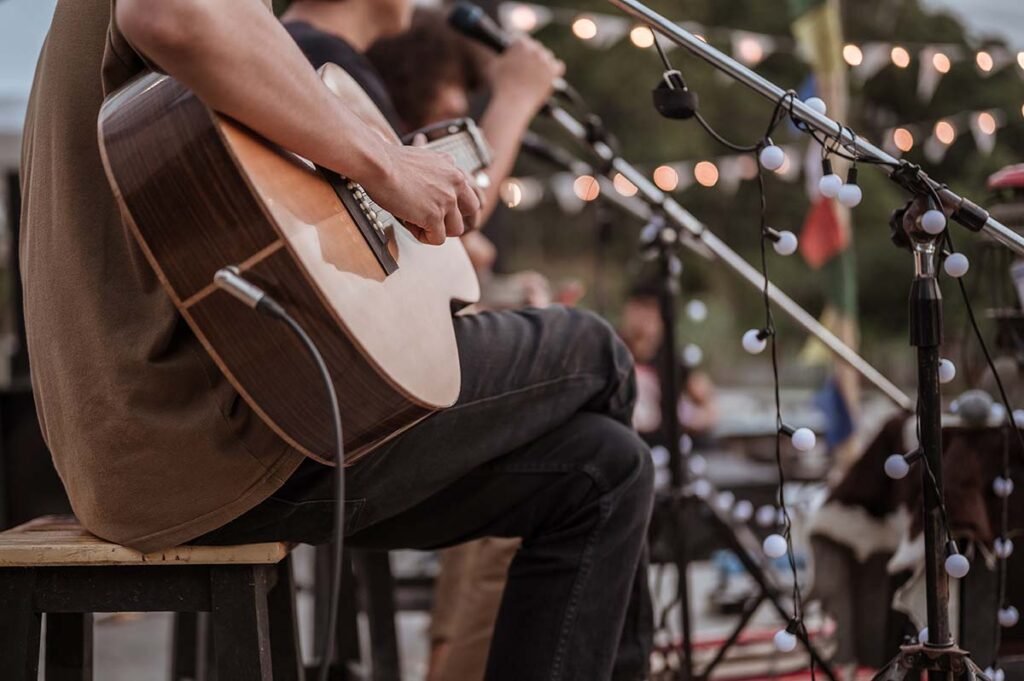In the age of technology, the start-up ecosystem has attracted many people in recent decades. This is mainly due to the rapid rise of the digital economy, which has led to many success stories of companies that today represent giant players in the market, regardless of the sector in which they operate. In this context of scalable entrepreneurial initiatives, startups have shown themselves to be a huge attraction [...]
CPDMA BLOG
Musical parodies do not need to mention the author of the original work, decides STJ

a few days ago the STJ published the result of a judgment promoted by the Court, which discussed the need to mention the author of the original work when making and disseminating a parody, in the light of copyright.
The Superior Court of Justice granted the Special Appeal filed by Rádio e Televisão Bandeirantes (BAND), overturning the judgment of the São Paulo Court of Justice that had sentenced the broadcaster to pay R$ 10 thousand, as moral damages, to the author of music that had a parody of his work aired on the broadcaster's program, without credit being attributed to him as the author of the original work.
The author of the work maintained before the Supreme Court the claim for damages in the allegation of plagiarism of his music, which was not accepted. The understanding of the STJ, unanimously, was in the sense that the broadcasting of parody by the broadcaster does not infringe the copyright of the original creator, since the parody must be considered as an unpublished artistic work, a new intellectual creation that results from the transformation of a work previous. Therefore, the copyright on the parody would belong to its own creator, with no mention of the author of the inspiring work, not even alleging plagiarism.
Parody is a kind of reformulation of the original work, using comic terms or puns. The “new” music is made in a funny or educational tone and, as stated in art. 47 of the Copyright Law (Law No. 9.610/98), are free, as long as it is not a mere reproduction of the original work and does not imply discredit, and there is no need for prior authorization from the author. Typically, parodies use a familiar tune assigned to a new lyric.
The parody cannot, however, be confused with the music version. The broadcasting of a music version, without prior authorization, finds an obstacle in art. 46, item I, item “a”, of the Copyright Law. In the version, few changes are made to the music, taking advantage of a good part of the original work and, therefore, it is necessary to obtain prior and express authorization from the author of the musical work.
Recent posts
Closing our series of posts on the Classes of Intellectual Property Assets, today we're going to look at the registration of COPYRIGHT. An author is the natural person who creates a literary, artistic or scientific work. Copyright protects such works and can be patrimonial (right to commercial exploitation of the work) or moral (claim of authorship, conservation [...]
On June 26, 2024, a new type of operation was published covering companies with a tax domicile in Rio Grande do Sul. This is yet another measure taken by the Federal Government to deal with the damage caused by the floods in Rio Grande do Sul. The new operation, called "SOS-RS Operation", was instituted by PGFN/MF Ordinance No. [...].
In our series of posts explaining the differences between the classes of intellectual assets, today we'll look at DOMAIN REGISTRATION. The protection of a website's electronic address (domain) is carried out at Registro.BR. In this case, the domain availability search is essential for registration. If a third party tries to register a [...]
Today's topic in our series of posts explaining the differences between classes of intellectual assets will be: SOFTWARE REGISTRATION. Software registration protects the computer program itself, i.e. the source code. Registration is essential for proving authorship of the development. It is done at the INPI [...]
In our series of posts explaining the differences between classes of intellectual assets, today we're going to look at INDUSTRIAL DESIGN. Industrial Design is the ornamental plastic form of an object - for example, the design of a product or the set of lines applied to a product, such as a print - that gives it [...]


